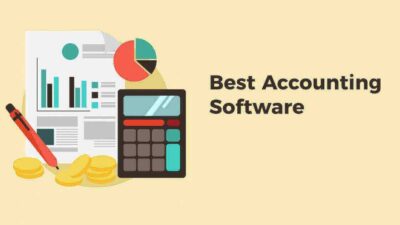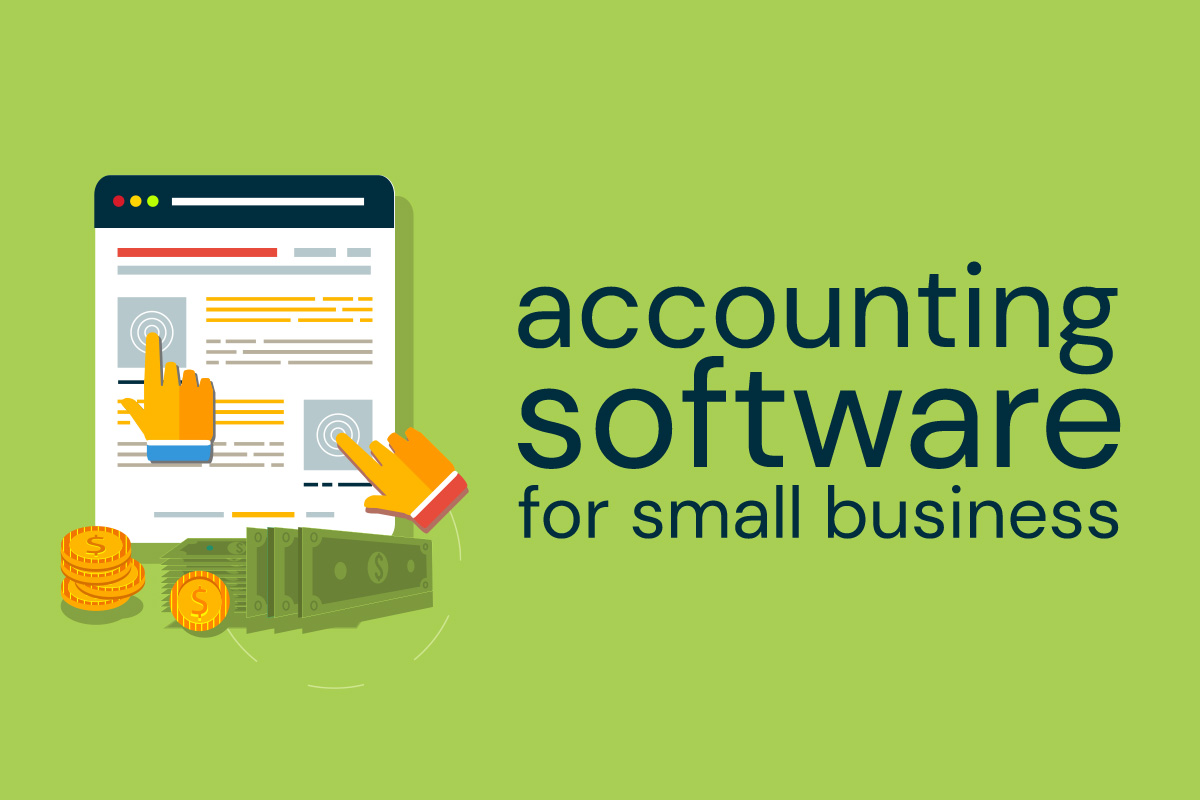
In today’s fast-paced business world, having the right tools is essential for achievement. For small business owners, managing finances efficiently is crucial for growth and sustainability. That’s where business accounting software for small business comes in. It’s not just about tracking income and expenses; it’s about gaining insights, making informed decisions, and streamlining operations. But with so many options available, how do you select the right one? This thorough guide will walk you through everything you need to know to select the optimal accounting software for your small business.
Why Small Businesses Need Robust Accounting Software.
Running a small business is like juggling multiple balls at once. From managing cash flow to tracking expenses, the financial facets can quickly become overwhelming. That’s where business accounting software for small business comes in. It’s not just a nice-to-have; it’s a requirement.
Think of it as your financial command center. It helps you monitor income, manage expenses, generate reports, and stay compliant with tax regulations. Without it, you’re essentially flying blind, relying on guesswork and spreadsheets that are prone to errors.
Moreover, the right software can automate many of the tedious tasks that consume valuable time. Imagine no longer spending hours manually reconciling bank statements or chasing down invoices. Instead, you can focus on what you do optimal: growing your business.
Key attributes to Look for in Accounting Software.
Not all accounting software is created equal. To ensure you’re making a wise investment, consider these essential attributes:
- Invoicing and Payments: The ability to create professional invoices, send them to clients, and track payments is crucial. Look for software that integrates with payment gateways for seamless online transactions.
- Expense Tracking: Accurately tracking expenses is vital for managing your budget and claiming deductions. The software should allow you to categorize expenses, upload receipts, and generate expense reports.
- Bank Reconciliation: Reconciling your bank statements with your accounting records can be a time-consuming task. The software should automate this process, making it easier to determine discrepancies and ensure accuracy.
- Reporting and Analytics: Access to real-time financial data is essential for making informed decisions. Look for software that offers customizable reports, dashboards, and analytics tools.
- Inventory Management: If you sell physical products, inventory management attributes are a must. The software should help you track inventory levels, manage stock movements, and calculate the cost of goods sold. Consider integrating with zoho inventory software for enhanced capabilities.
- Payroll Management: Managing payroll can be complex, especially with changing tax laws. The software should automate payroll calculations, generate pay stubs, and handle tax filings. Consider exploring optimal hr software options for thorough human resources management.
Related Post : engine travel
Top Accounting Software Options for Small Businesses.
With so many options available, choosing the right accounting software can feel daunting. Here are a few of the top contenders:
- QuickBooks Online: A popular choice for small businesses, QuickBooks Online offers a wide scope of attributes, including invoicing, expense tracking, bank reconciliation, and reporting. It’s also scalable, so it can grow with your business.
- Xero: Known for its user-friendly interface and robust attributes, Xero is another excellent option for small businesses. It offers invoicing, expense tracking, bank reconciliation, and inventory management.
- Zoho Books: As part of the Zoho suite of business applications, Zoho Books offers a thorough solution for small businesses. It integrates seamlessly with other Zoho products, such as Zoho CRM and Zoho Inventory.
- FreshBooks: Designed specifically for complimentarylancers and small businesses, FreshBooks offers a simple and intuitive interface. It focuses on invoicing, expense tracking, and time tracking.
- Sage Business Cloud Accounting: A well-established player in the accounting software industry, Sage offers a scope of solutions for small businesses. Its cloud-based accounting software offers invoicing, expense tracking, bank reconciliation, and reporting attributes.
Beyond Basic Accounting: Integrating with Other Business Systems.
While accounting software is essential, it’s even more powerful when integrated with other business systems. This allows you to streamline workflows, improve data accuracy, and gain a holistic view of your business.
For example, integrating your accounting software with a CRM system can help you track customer interactions, manage sales pipelines, and automate invoicing. Similarly, integrating with staff scheduling software can simplify employee scheduling, track time and attendance, and ensure accurate payroll processing.
If you manage a warehouse, integrating with warehouse management software can help you maximize inventory levels, track shipments, and improve order fulfillment. And for businesses that rely on phone communication, integrating with cloud call center software can offer valuable insights into customer interactions and improve customer service.
Furthermore, consider integrating with business automation software to automate repetitive tasks, such as data entry and report generation. This can complimentary up your time to focus on more strategic initiatives. You might also explore case management software to streamline customer support and resolve issues more efficiently. Don’t forget about asset tracking software to manage your company’s physical assets and prevent loss or theft.
Making the Right Choice for Your Business.
Choosing the right business accounting software is a critical decision that can significantly impact your small business’s achievement. Here’s a step-by-step guide to help you make the right choice:
1. Assess Your Needs: Start by determineing your specific accounting needs. What tasks do you need the software to perform? What attributes are essential for your business?
2. Set a Budget: Determine how much you’re willing to spend on accounting software. Prices vary widely, so it’s crucial to set a budget before you start shopping.
3. study Your Options: Explore the varied accounting software options available. Read reviews, compare attributes, and consider your budget.
4. Take benefit of complimentary Trials: Many accounting software offerrs offer complimentary trials. Take benefit of these trials to test out the software and see if it’s a good fit for your business.
5. Consider Scalability: select software that can grow with your business. You don’t want to outgrow your accounting software in a year or two.
6. Look for Integration Capabilities: Ensure the software integrates with other business systems you use, such as CRM, payroll, and inventory management.
7. Read Reviews and Testimonials: See what other small business owners are saying about the software. Look for reviews on independent websites and read testimonials on the offerr’s website.
8. Get Support: select a offerr that offers excellent customer support. You’ll want to be able to get help when you need it.
Choosing the right business accounting software is a pivotal decision for any small business. It’s not just about balancing the books; it’s about gaining insights, streamlining operations, and setting the stage for sustainable growth. By carefully evaluating your needs and exploring the options available, you can find a solution that empowers you to take control of your finances and make informed decisions. Embrace the power of technology and watch your small business thrive!












